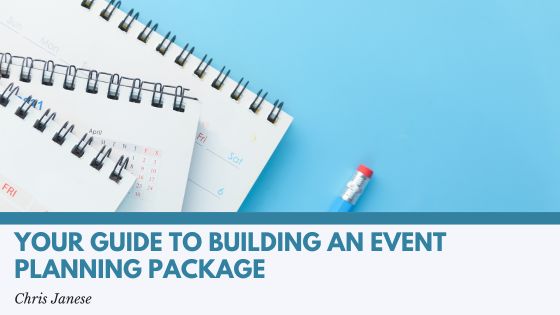Event planning is a meticulous and multifaceted process that requires careful organization, attention to detail, and creative flair. A well-structured event planning package serves as a comprehensive guide, showcasing your capabilities and providing clients with a clear understanding of your services. Whether you’re an experienced event planner or just starting your business, here’s your guide to building an impactful event planning package:
Define Your Niche and Expertise:
Begin by clearly defining your niche and expertise within the event planning industry. Identify the types of events you specialize in, such as weddings, corporate conferences, or social gatherings. Your event planning package should reflect your unique skills, style, and the specific needs of your target clientele.
Introduce Your Team and Credentials:
Build trust and credibility by introducing your event planning team and highlighting their credentials and experience. Include bios, professional backgrounds, and any relevant certifications or awards. Clients want to know they are entrusting their event to a team of capable and experienced professionals.
Detailed Event Planning Process:
Take clients through your event planning process step by step. From the initial consultation to the post-event evaluation, provide a detailed overview of how you approach each event planning stage. This gives clients a transparent view of what to expect and demonstrates your commitment to a thorough and organized planning process.
Customization and Personalization:
Highlight your ability to customize and personalize events based on each client’s unique preferences and requirements. Showcase past examples of personalized touches, creative themes, and innovative solutions that set your services apart.
Budgeting and Financial Transparency:
Clearly outline your approach to budgeting and financial management. Specify your fee structure, payment terms, and any additional costs that may arise during the planning process. Demonstrating financial transparency builds trust and helps clients understand the value they receive for their investments.
Vendor Relationships and Partnerships:
Showcase your network of trusted vendors and partnerships. Highlight relationships with reputable caterers, florists, photographers, and other essential vendors. Clients often value the assurance that you have established reliable connections within the industry, ensuring a seamless and high-quality event execution.
Event Design and Theming:
Emphasize your expertise in event design and theming. Include visuals and mood boards that showcase your creative concepts and design aesthetics. Whether it’s a sophisticated corporate event or a whimsical wedding, your event planning package should convey your ability to bring unique and visually stunning ideas to life.
Logistics and On-Site Coordination:
Detail your approach to managing event logistics and on-site coordination. Illustrate how you handle the behind-the-scenes aspects, including setup, guest management, and troubleshooting.
Client Testimonials and Success Stories:
Incorporate client testimonials and success stories to provide social proof of your capabilities. Share positive feedback, testimonials, and images from events you have successfully planned. Real-life examples showcase your track record and reassure potential clients of your ability to deliver exceptional results.
Remember, your event planning package reflects your brand and professionalism. Continuously update and refine it to showcase your latest work, skills, and client successes.
